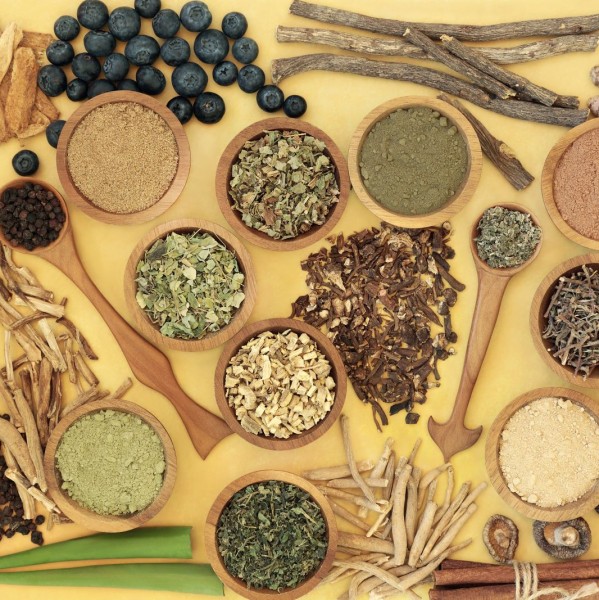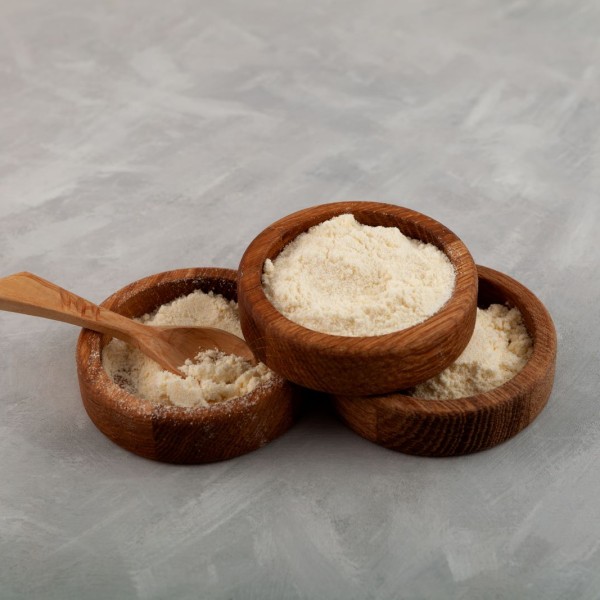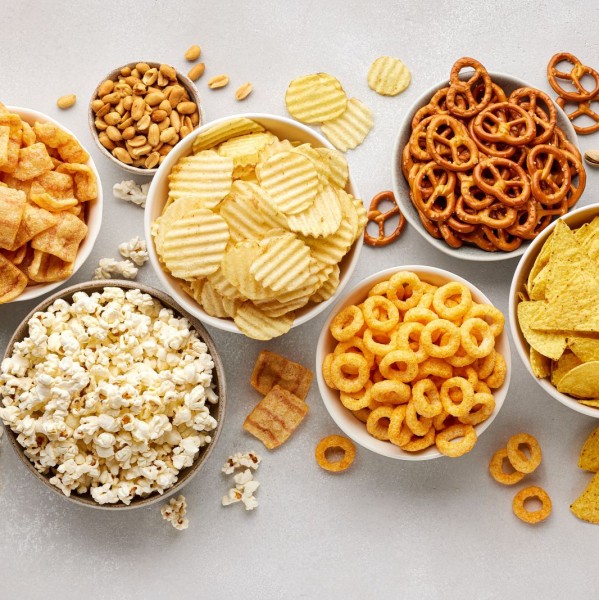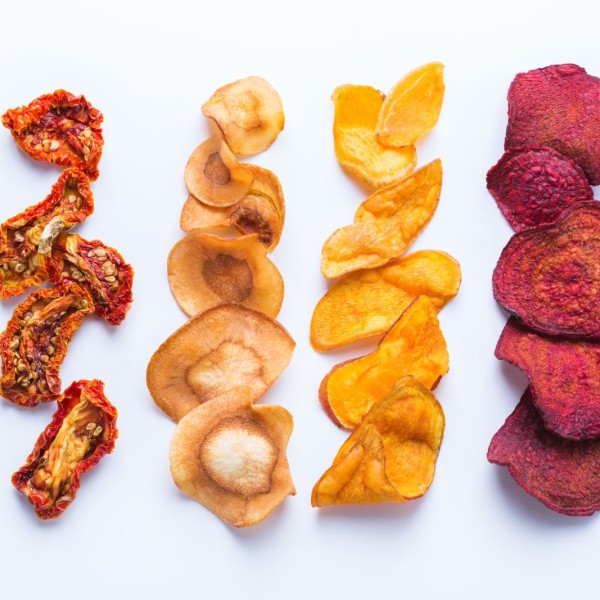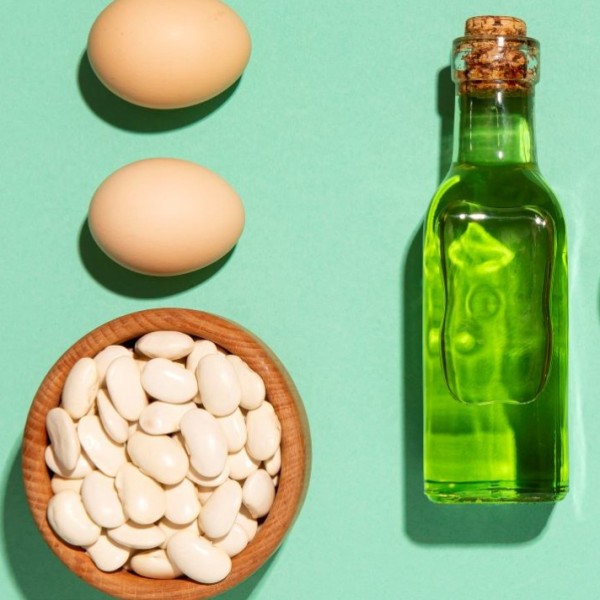Do you know that there is a connection between the brain and the intestines, which is a kind of telephone network, running from the nervous system to the digestive system?
Importantly, what happens at one end of the brain-gut axis affects the other, which means that it is extremely important to take care of both the proper condition of the intestines, but also the proper functioning of the brain.
The first step to supporting the brain-gut axis will be to provide the necessary nutrients such as full-value sources of protein, dietary fiber and healthy fats.
Full-value sources of protein can be found primarily in eggs, lean meat, fish and seafood, milk and dairy products (yogurt, cheese), soy products (tofu, tempeh) and quinoa. Proteins are necessary for the production of so-called neurotransmitters, which affect the proper functioning of the brain and good mood.
Dietary fiber, in turn, is a nutrient for intestinal bacteria, which, when pampered by a varied diet, become diverse and crucial for the functioning of the brain-gut axis. To support them, it is worth introducing whole grain products, colorful fruits and vegetables, and legumes into your diet. Fermented products, such as fermented vegetables (sauerkraut, cucumbers, kimchi, miso) and so-called prebiotics, which are particularly good at nourishing the intestinal microbiota, are also good, and can be found in chicory, onions, garlic, bananas, asparagus, cooled rice, or potatoes.
Omega-3 fatty acids can be found in oily fish, linseed oil, walnuts, chia seeds, or rapeseed oil. It is worth using monounsaturated fatty acids contained in olive oil, which is also a wealth of antioxidants. This mixture will not only have a protective effect on the brain, but will also support the proper functioning of the intestinal microflora in taking care of the overall health of the body.
The last link in the nutritional support of the brain-gut axis is the influence of water. Water is a key ingredient in maintaining proper hydration of the body, which indirectly translates into the functions of the brain and intestines. It is recommended to consume about 35-45 ml/kg of body weight, or an average of about 2 liters of water per day, in the form of various sources of fluids, such as clean water, coffee, tea, drinks, soups, fruit or vegetables.
Taking care of the brain-gut axis is the key to improving both physical and mental health. A properly balanced diet, rich in full-value protein, fiber, healthy fats and sources of water, supports the work of the intestines and brain, creating the foundation for well-being and mental efficiency. It is worth remembering that regular meals and conscious selection of nutrients not only strengthen our immunity, but also affect a stable mood and high energy levels. This is a simple step towards better health and a better life.




